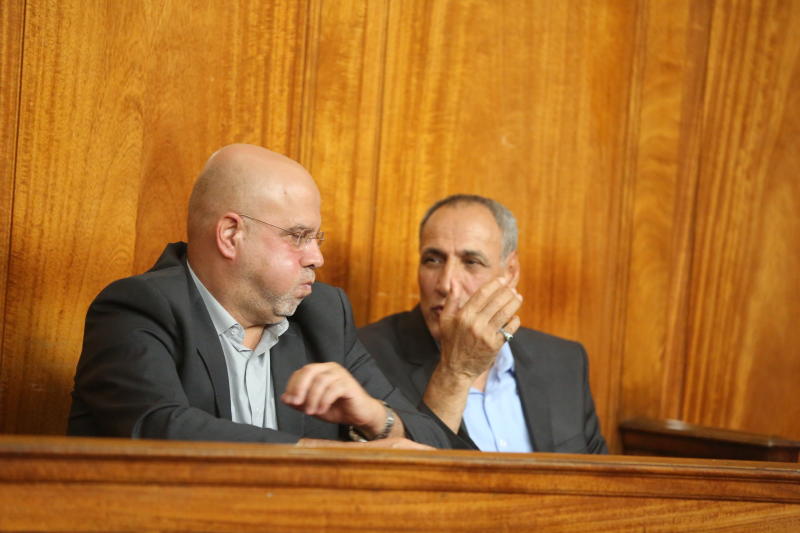×
The Standard e-Paper
Join Thousands Daily

The Supreme Court yesterday reversed the acquittal of two Iranian citizens and upheld their 15-year jail term for terrorism.
The Court of Appeal had acquitted Sayed Nasrollah Ebrahim and Abdolhosein Gholi after they appealed the High Court sentencing.